Hark the Judge Reserves a Ruling
 Tuesday, December 21, 2010 at 4:58PM
Tuesday, December 21, 2010 at 4:58PM Yesterday, a hearing was held in courtroom 19D, four flights down from the main attraction on the 23rd floor. That courtroom is undergoing renovations at the moment. 19D is familiar because that’s where Judge Strickland held many of the hearings while bench pressing Casey Anthony and her many motions, too many to repeat here. What’s interesting to note is that he did the bulk of the work, meaning that he heard and ruled on the majority of motions filed in this case so far, # 2008-CF-015606-A-O.
I generally leave about an hour-and-a-half before the hearings are slated to start. That affords me plenty of time to arrive and relax or mingle with others for awhile, where we can discuss what we expect to hear in the courtroom. I’m certainly glad I left early yesterday because I usually drive down 17-92, Orlando Avenue, and hang a right onto Orange in Winter Park that takes me right in front of the courthouse. As bad as the economy is right now, you never would have known it by the heavy amount of traffic I had to deal with. Either people are wasting $3.00 gallons of gas driving around, or they are doing some serious Christmas shopping, which tells me it’s not as bad out there as we are led to believe. My less than half-hour trek took forty-five minutes, but I did arrive early enough to talk to a couple of deputies and to go to the 23rd floor to take a look around and sneak a picture in. Please don’t tell the court I did that.
Click to HERE enlarge
I ran into Attorney Ann Finnell before going down the elevator, and let me tell you, she is one fine lady. We had a nice chat about traffic and her drive from Jacksonville, which was very similar to my story. Lots of cars everywhere. That leads me to a wonderful person who traveled from the frigid north to spend Christmas on the west coast of Florida. I’m reminded of the old saying that caught me off guard when I first moved here in ‘81 - SOLD COAST-TO-COAST, only it really meant from Cocoa Beach to Tampa, or something like that. Growing up in New Jersey, coast-to-coast meant NY to LA. I was very pleasantly surprised when she walked up to me. I’d tell you who she was, but there are nasty, nasty trolls out there. Needless to say, it was a wonderful experience and I’m extremely happy to have met her.
On the 19th floor, a gentleman called me over to introduce himself. I’d like to share his name, too, but he doesn’t need the riff raff, either. Although he doesn’t always agree with me, he said I’m an excellent writer and to keep it up. He said that he’s more of a Hinky-Blinky guy and I said that’s great. Everyone is entitled to an opinion and who they like to read. The mere fact that he enjoys my writing is plenty enough for me. He then called his wife over and introduced me. It was a nice encounter.
We entered the courtroom and Chief Judge Belvin Perry made an entrance right around 1:30. Before the hearing started, my friend, who drove to the courthouse from the west coast, mentioned that the judge was late at the last hearing. I told her it was because Casey was late. A judge never starts without the defendant. After Judge Perry took his seat on the bench, he asked to hear the first motion dealing with sealing the penalty phase witnesses. As Ann Finnell walked up to the podium, I took a quick head count. Absent from the courtroom were Cheney Mason, Linda Drane Burdick, and Frank George. She opened by asking the court to temporarily stay access to the list of penalty phase witnesses. “Judge? We are simply asking, in this case, that penalty phase discovery… that the public be temporarily denied access until the issue of the penalty phase becomes a right, which would be after a jury has determined Miss Anthony’s guilt… or not guilty of first-degree murder.”
She said that there’s no constitutional right to pretrial publicity, especially if it would deny the defendant’s right to an impartial jury. She noted that the court had already agreed to a jury coming from a different county due to the immense publicity. To back up her motion, she emphasized that only the witnesses expected at trial were mentioned in public, and to “out” potential penalty phase witnesses would prejudice the jury. It is the trial judge’s duty to minimize publicity. The bottom line is, she asked the court to deny penalty phase discovery until after the jury decides whether Casey is guilty or not. Plain and simple.
I understand the request because it could be legally argued that it’s like putting the cart before the horse. In the 1966 case that overturned Dr. Samuel H. Sheppard’s 1954 murder conviction, the U.S. Supreme Court noted that his trial generated so much publicity, it was a veritable media circus. Set in Cleveland, the jurors were exposed to intense coverage until they began deliberations. Found guilty, he spent ten years in prison before the court ruled that the publicity deprived him of his right to a fair trial. Sheppard v. Maxwell, 384 U.S. 333, 86 S. Ct. 1507, 16 L. Ed. 2d 600 (1966). He was acquitted at his second trial.
Ms. Finnell brought up a 1988 ruling. Finally, a case study! In that case, Florida Freedom Newspapers, Inc. v. McCrary, was ruled in favor of the defense by the Florida Supreme Court. The separation of powers within the legislature and the judiciary’s responsibility of providing a fair trial allow the court to, on occasion, step around the laws of the legislature in order to ensure a defendant’s constitutional rights and freedoms. Florida Statute 119.07(4) grants the court the right to close a part of a court file. She told the judge that this case was a fly speck compared to the national exposure the Anthony case has garnered.
Nine minutes into the hearing, she was finished and the judge asked if there was a response from the state. Assistant State Attorney Jeff Ashton said no, so Rachel Fugate arose and walked to the podium. Ms. Fugate, who represents the Orlando Sentinel and, by default, all of media, acknowledged that there could be prejudice, but the defense must demonstrate it to the court first. She cited the McCrary case as the standard which gives the court the right to temporarily seal the penalty phase witnesses, but she emphasized that a prejudice must be shown to the court.
While explaining her side, defense attorney Jose Baez stood and apologized to counsel (Fugate) for breaking in. “I would ask that the court instruct the photographer in the room to not photograph my client as she’s passing notes…”
The judge was right there and on the spot. “Mr. Baez, one counsel has the floor… She needs to object and not you…”
Ann Finnell then stood and objected.
“Well,” the judge added, “unfortunately, the objection will be noted and overruled.” Rachel Fugate continued. She felt that the release of the names of the penalty phase witnesses would not jeopardize Casey’s fair trial rights or taint jurors coming in from another county. It would not frighten potential witnesses from testifying because of all the public exposure.
Ann was allowed to counter, and she said when the media chases after counsel, down the sidewalk, for 3 minutes worth of sound bites, imagine what they will do to potential witnesses. She said the press doesn’t have the same interests as the SAO. She made a valid point.
Ultimately, the judge decided that he was going to take his time before making a decision. “The court will reserve a ruling on the motion.”
At the tail end of the hearing, Jose, Ann and Jeff approached the bench for a sidebar at the judge’s request. A gentleman sitting behind me tried to take a picture with his cell phone. That’s a no no and a deputy told him so. As the attorneys went back to their seats, the judge said he was changing the next status hearing from January 10th to the 14th since he has an out-of-town Innocence Commission meeting. He asked Jose if he had abandoned addressing the situation with Roy Kronk and the admission of prior bad acts. Jose said he had until December 31 and the judge reminded him that he will not be near the courthouse next week. It could be heard on the 23rd. He also said he will be presiding over a murder trial the week of the third, so any issues would have to be worked out after 5:00 PM.
Jeff Ashton brought up issues over depositions of defense experts in January, particularly Dr. Henry Lee.
“Maybe Dr. Lee is not planning on testifying. There was some suggestion in his email that he might not, depending on the resolution of this issue,” Ashton said.
Apparently, costs of travel are what’s holding up Dr. Lee. The prosecutor said that he might not be testifying depending on the resolution of this issue. The defense attorney said that he would settle it by the end of the day.
“Mr. Baez, if you get me that, and whatever you need to do to get that cleared up, let’s get it to me. OK, we’ll be in recess.”
I left the courthouse with my newfound friend; new only because we had never met. We said our good byes and as I walked away, I ran into the gentleman with the cell phone. I told him that other than the video cameras, only Red Huber from the Sentinel has exclusive rights to still photography in the courtroom. Me? I can take pictures and I took some as I walked out. Plus the one inside.
§
Before the hearing began, I was discussing how the judge might rule with Mike DeForest from WKMG. He felt the judge would probably compromise and I agreed with his assessment. To me, one of the underlying factors in the case, and it reaches its claws all over the United States and in other parts of the world, is the insurmountable prejudice that does already exist. For example, I talked to Jim Lichtenstein after the hearing. On the elevator up to the 19th floor, someone (who shall remain nameless) asked him if he intended to continue making money off a dead child. This is what we face out there in the real world. Jim is a consummate gentleman and I know for a fact that he befriended George and Cindy from Day 1. He’s been there ever since. Regardless of what anyone thinks of George and Cindy, should outsiders make decisions for him over who he can associate with or not? His interest is not about money, but there’s no denying the media must be able to cover this case or you, the public, would have no access to any information whatsoever. You can’t have it both ways. He works in the media industry. The media people pay for information from the court, including TV rights in the courtroom. They, in turn, make tons of money off advertising revenues. ALL OF THE MEDIA, I might add, including the ones who ask the tough questions. That’s the nature of the business - ALL BUSINESSES. So what if one reporter is more aggressive than another? The bottom line is ratings because that’s what pays the bills.
He also mentioned something about where he sits. The person who accosted him in the elevator addressed the issue over where he sits in the courtroom. I went through the same thing. You sit where you want and it has no bearing whatsoever over which side we agree with. I told him I sit on the side of the cameras because it ticks off the password stealing trolls who broke into my e-mail accounts and a password protected page on my old WordPress blog, where up until then, it was a secure place to comment . Since they continue to try to make my life a living hell, they are going to have to put up with my face in the courtroom. I will try to be as up close and personal as I possibly can; absolutely more so from now on and its got nothing to do with fame. It’s all about the trolls who broke the law. Fa law law law law law law law law.
 Dave Knechel | tagged
Dave Knechel | tagged  Florida Freedom Newspapers,
Florida Freedom Newspapers,  Inc. v. McCrary,
Inc. v. McCrary,  Sheppard v. Maxwell | in
Sheppard v. Maxwell | in  Ann E. Finnell,
Ann E. Finnell,  Ann Finnell,
Ann Finnell,  Casey Anthony,
Casey Anthony,  Caylee Anthony,
Caylee Anthony,  Chief Judge Belvin Perry,
Chief Judge Belvin Perry,  Cindy Anthony,
Cindy Anthony,  Dave Knechel,
Dave Knechel,  David B. Knechel,
David B. Knechel,  David Knechel,
David Knechel,  Death Penalty,
Death Penalty,  Dr. Henry Lee,
Dr. Henry Lee,  Florida’s Government in the Sunshine,
Florida’s Government in the Sunshine,  Human Interest,
Human Interest,  Jeff Ashton,
Jeff Ashton,  Jim Lichtenstein,
Jim Lichtenstein,  Judge Stan Strickland,
Judge Stan Strickland,  Marinade Dave,
Marinade Dave,  Marinade Dave Knechel,
Marinade Dave Knechel,  Marinade Dave’s Caylee Anthony Posts,
Marinade Dave’s Caylee Anthony Posts,  Mark Lippman,
Mark Lippman,  Mike DeForest,
Mike DeForest,  Ninth Circuit Court,
Ninth Circuit Court,  Rachel Fugate,
Rachel Fugate,  WKMG,
WKMG,  marinadedave |
marinadedave | 
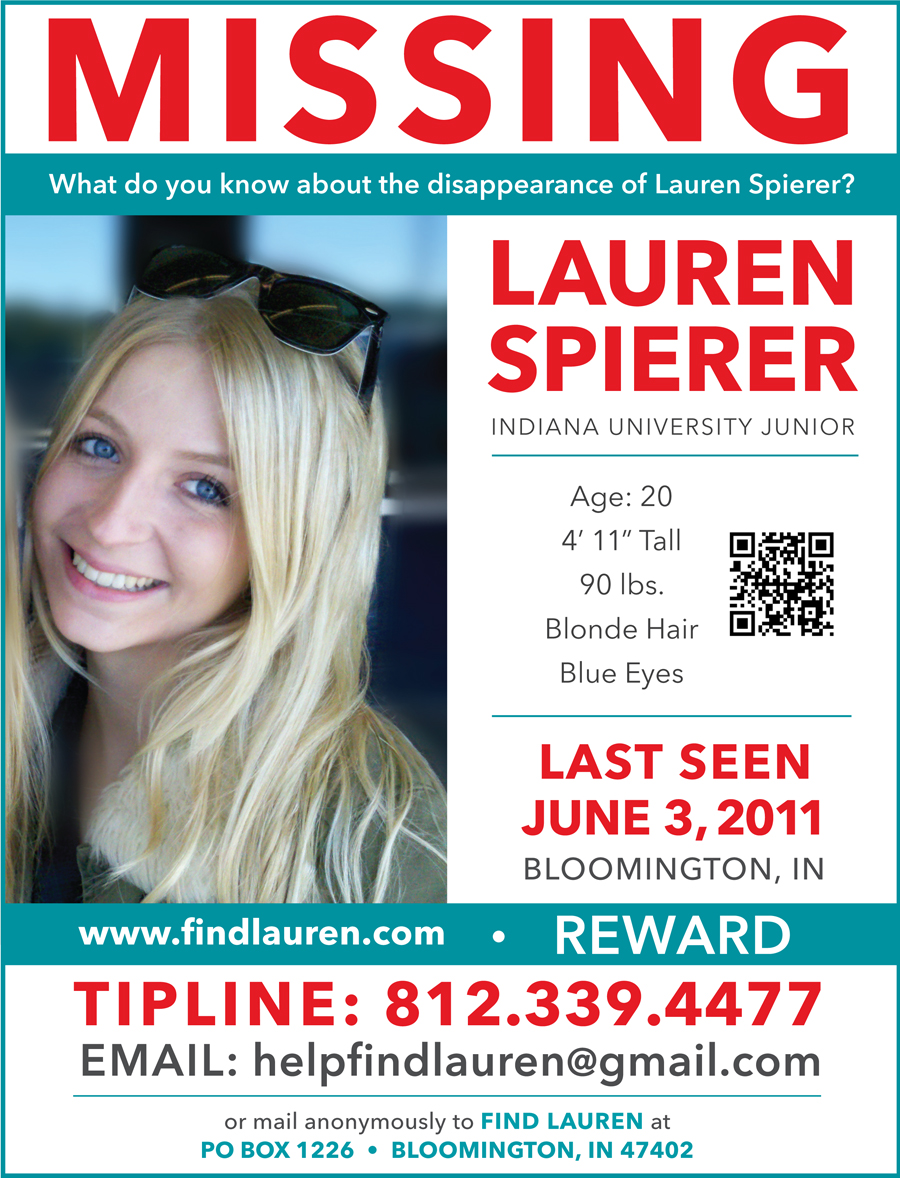
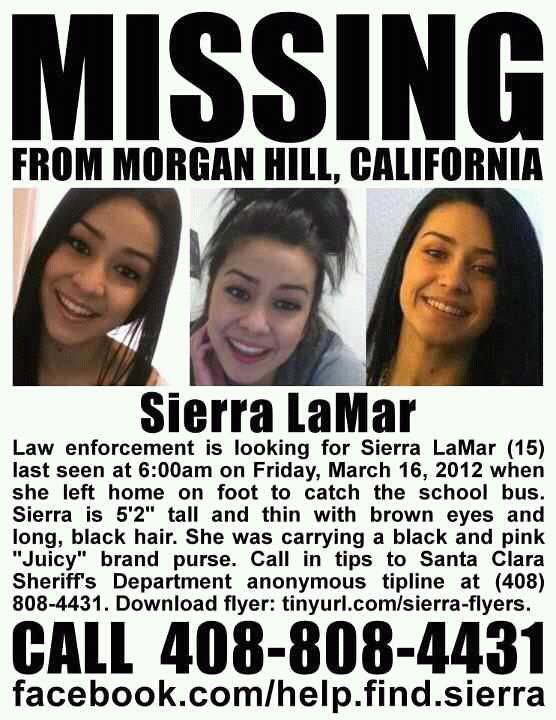
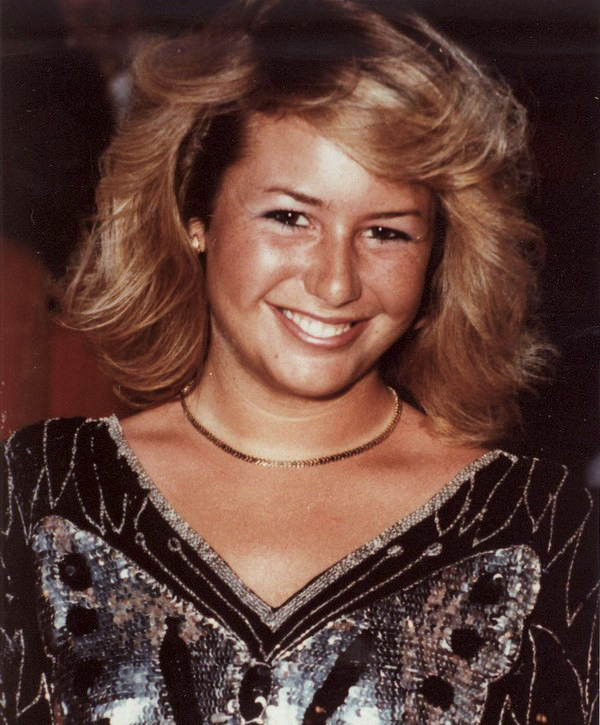
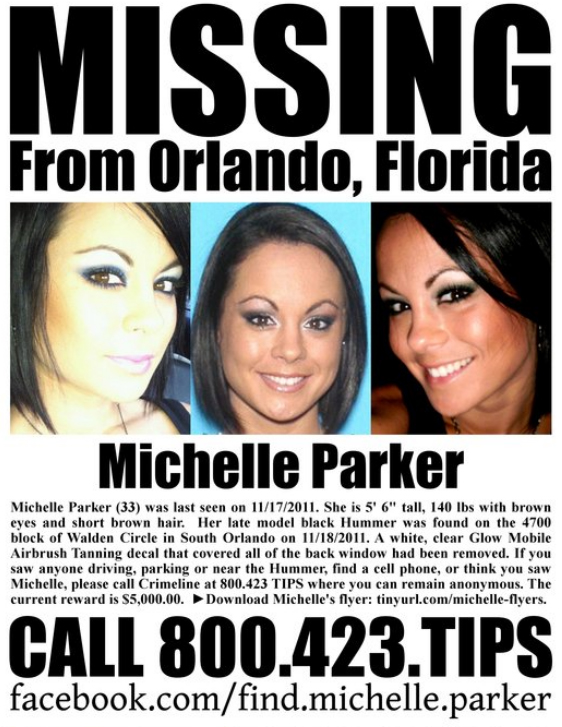
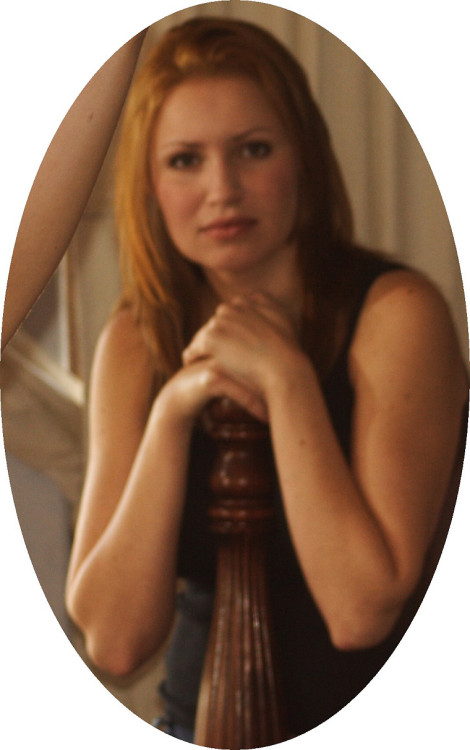
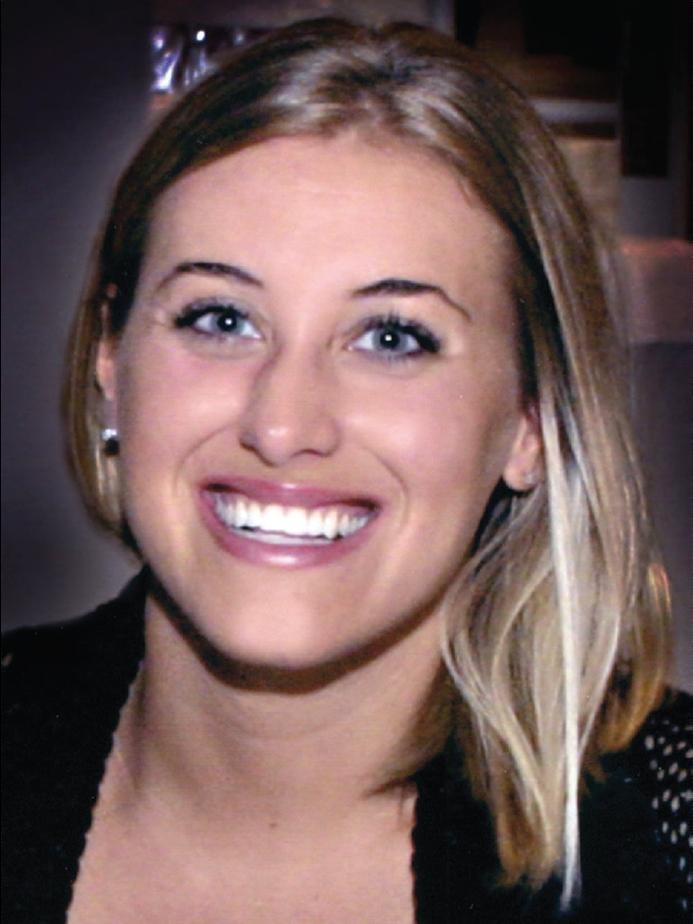
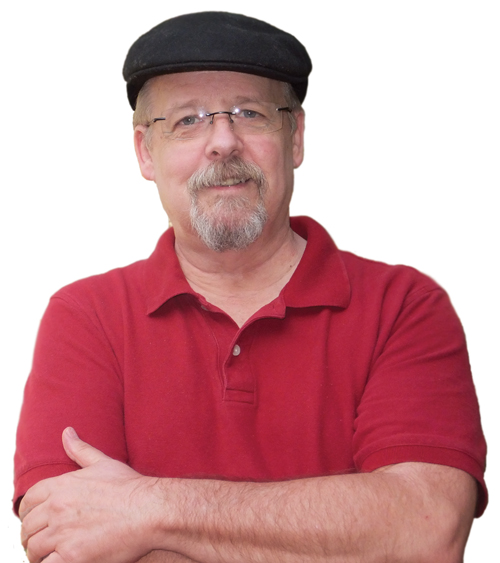












 LEGAL NOTICE
©David B. Knechel. All Rights Reserved. No portion of this site can be reproduced in it's entirety or in part without expressed written permission by the owner/administrator of this site in accordance with the Digital Millennium Copyright Act. Section 512(c)(3) of the U.S. Copyright Act, 17 U.S.C. §512(c)(3). The charges against defendants are mere accusations and the subjects are presumed innocent until found guilty in a court of law.
LEGAL NOTICE
©David B. Knechel. All Rights Reserved. No portion of this site can be reproduced in it's entirety or in part without expressed written permission by the owner/administrator of this site in accordance with the Digital Millennium Copyright Act. Section 512(c)(3) of the U.S. Copyright Act, 17 U.S.C. §512(c)(3). The charges against defendants are mere accusations and the subjects are presumed innocent until found guilty in a court of law.
